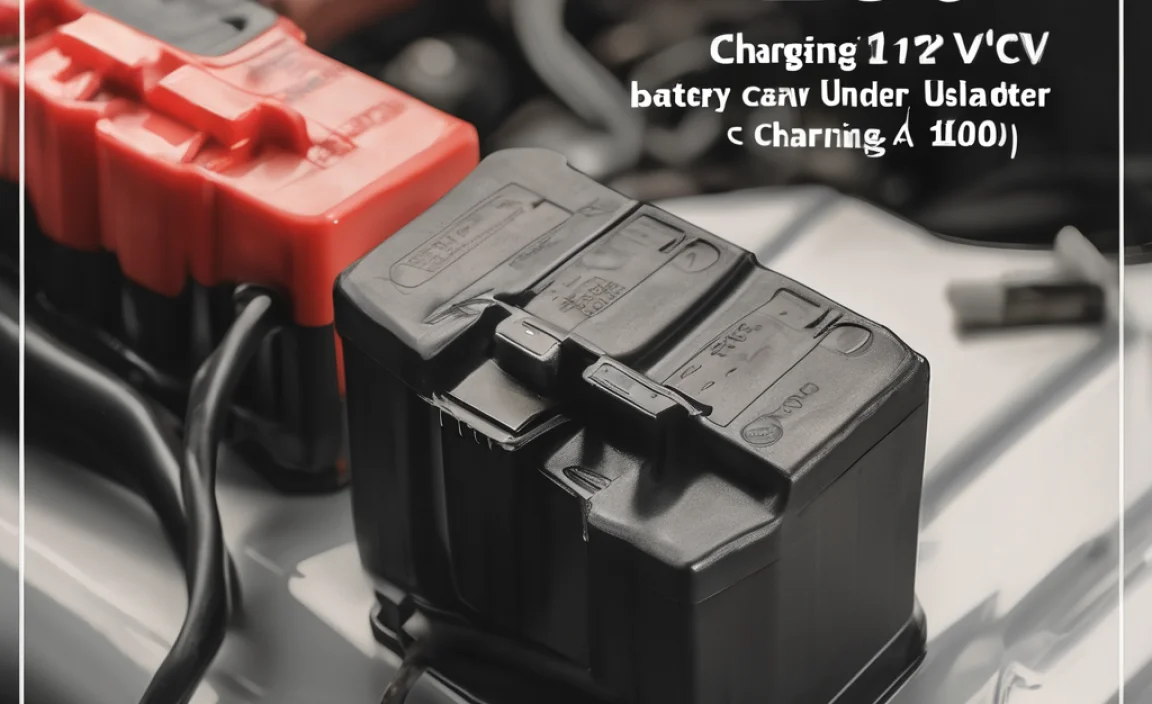Ryobi replacement batteries: best value is a recurring quest for many homeowners and DIY enthusiasts who rely on the versatility and convenience of their cordless Ryobi tools. From trimming hedges and mowing lawns to powering through home renovation projects, a dead battery can bring productivity to a grinding halt. Fortunately, the market offers a range of options, and finding the best value for your replacement batteries for Ryobi involves understanding your needs, the types of batteries available, and where to find reliable and cost-effective solutions.
When you’re in the market for replacement batteries for Ryobi, it’s easy to feel overwhelmed by the sheer volume of choices. You’ll encounter official Ryobi batteries, often at a premium price, and a plethora of third-party or unbranded options that promise similar performance at a fraction of the cost. The key to discovering the “best value” isn’t simply about the cheapest price tag; it’s about striking a balance between affordability, performance, longevity, and reliability.
Understanding Ryobi Battery Technology
Ryobi primarily utilizes Lithium-Ion (Li-ion) battery technology for its extensive range of cordless tools. Li-ion batteries are popular for their high energy density, lightweight design, and lack of “memory effect” – meaning you can recharge them without significantly degrading their capacity. Voltages typically range from 12V for lighter-duty tools to 18V and the more powerful 40V system for demanding applications. Understanding the voltage of your original battery is crucial, as using an incompatible voltage can damage your tools.
When considering replacement batteries for Ryobi tools, pay close attention to the amp-hour (Ah) rating. This number, typically ranging from 1.5Ah to 6.0Ah and even higher for some specialty batteries, indicates the battery’s capacity – how long it can deliver power. A higher Ah rating means longer runtimes, but also often translates to a larger and heavier battery. For best value, assess your typical usage. If you only use your trimmer for 30 minutes a week, a higher Ah battery might be overkill and unnecessarily expensive. Conversely, if you’re a professional landscaper, investing in higher Ah batteries will ultimately save you time and frustration throughout the day.
Exploring Your Options for Ryobi Replacement Batteries
The first and most obvious source for replacement batteries is Ryobi itself. Official Ryobi batteries are guaranteed compatibility and performance with their tools. They also come with the assurance of a manufacturer’s warranty, offering peace of mind. However, this convenience often comes at a higher price point. For budget-conscious consumers, this might not represent the best value.
This is where third-party manufacturers come into play. Numerous companies produce replacement batteries for Ryobi tools. These often boast comparable specifications to OEM batteries but at significantly lower prices. When evaluating these options, several factors are critical:
Quality of Cells: Reputable third-party brands often use high-quality battery cells from established manufacturers like Samsung or LG. Look for brands that are transparent about their cell sourcing.
Safety Features: Ensure the battery includes built-in protection against overcharging, overheating, and short circuits. These safety features are vital for both the longevity of the battery and your personal safety.
Customer Reviews and Ratings: Thoroughly research customer reviews. Look for patterns in feedback regarding battery life, charging times, compatibility, and any issues that may have arisen. High ratings and consistently positive reviews are strong indicators of a reliable product.
Warranty: Even third-party batteries should come with a warranty. A longer warranty period suggests the manufacturer has confidence in the product’s durability.
Finding the Best Value: Tips and Tricks
To truly find the replacement batteries for Ryobi that offer the best value, adopt a strategic approach:
1. Identify Your Needs: As mentioned, determine the voltage and desired Ah capacity based on your tool usage. Don’t overbuy capacity if you don’t truly need it.
2. Compare Prices Across Retailers: Explore different online marketplaces (Amazon, eBay, dedicated battery retailers) and physical stores. Prices can fluctuate, so a little comparison shopping can yield significant savings.
3. Consider Battery Bundles: Sometimes, buying a multi-pack of batteries can offer a better per-unit cost, especially if you have multiple Ryobi tools or anticipate frequent use.
4. Look for Sales and Discounts: Keep an eye out for holiday sales, seasonal promotions, or discount codes from reputable third-party battery sellers.
5. Read the Fine Print: Understand the return policy and warranty terms before making a purchase.
Ultimately, the best value for your replacement batteries for Ryobi is a personal calculation. It involves balancing initial cost with expected performance, lifespan, and the peace of mind that comes with a reliable product. By understanding your needs, researching your options thoroughly, and comparing prices, you can ensure your Ryobi tools remain powered and ready for action without breaking the bank. Investing a little time in selecting the right replacement batteries will pay dividends in the long run, keeping your projects humming along smoothly.

